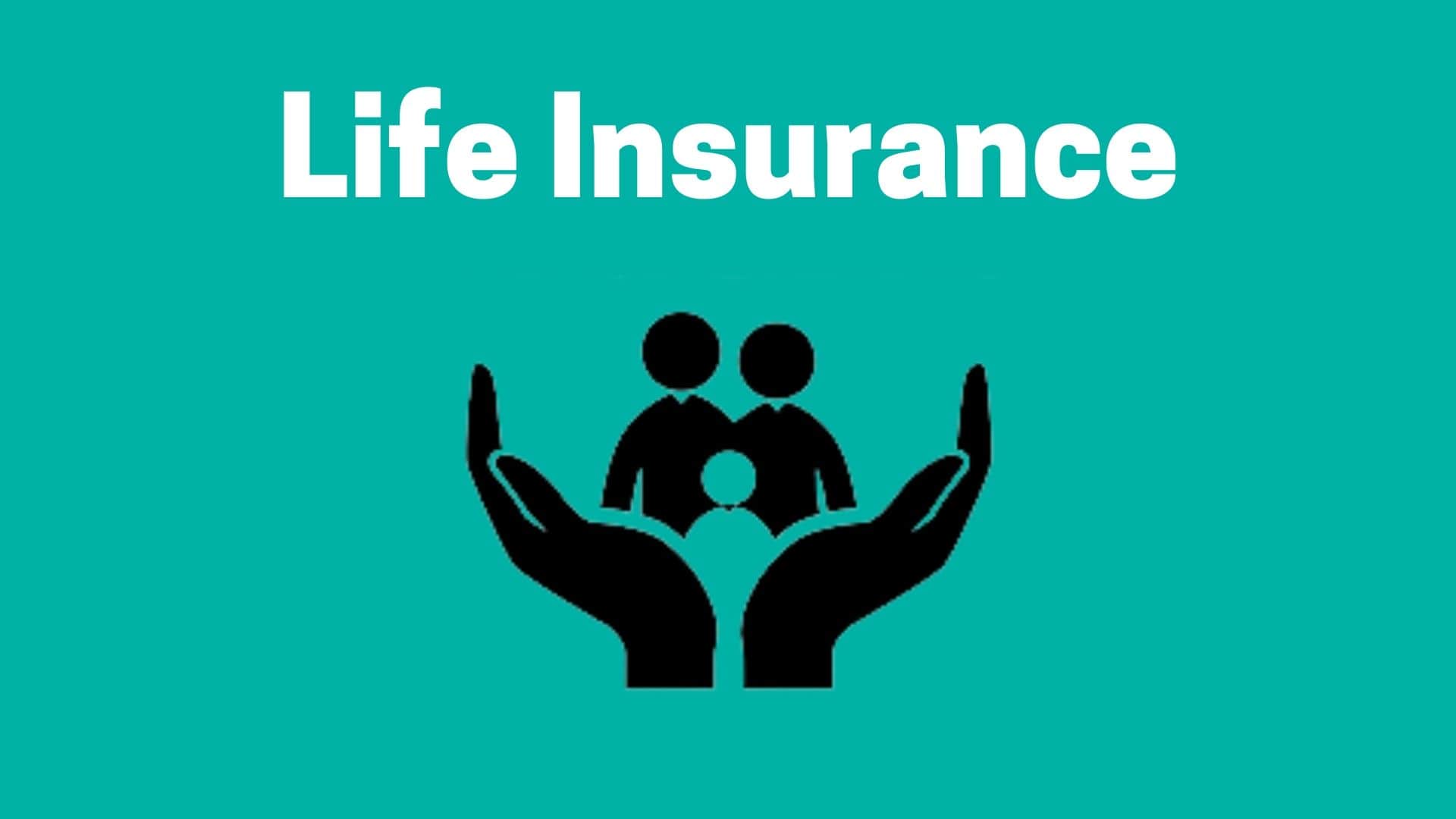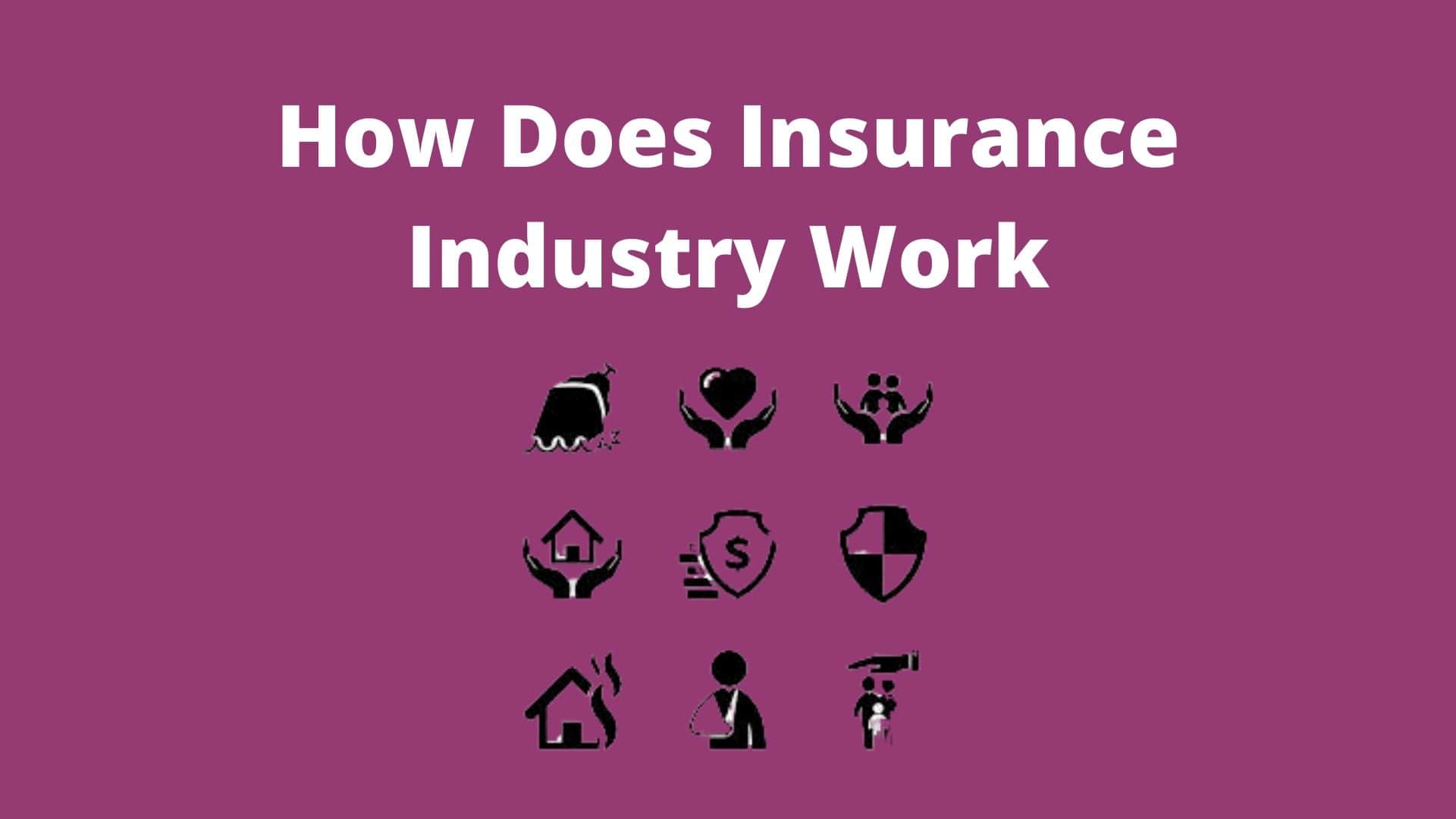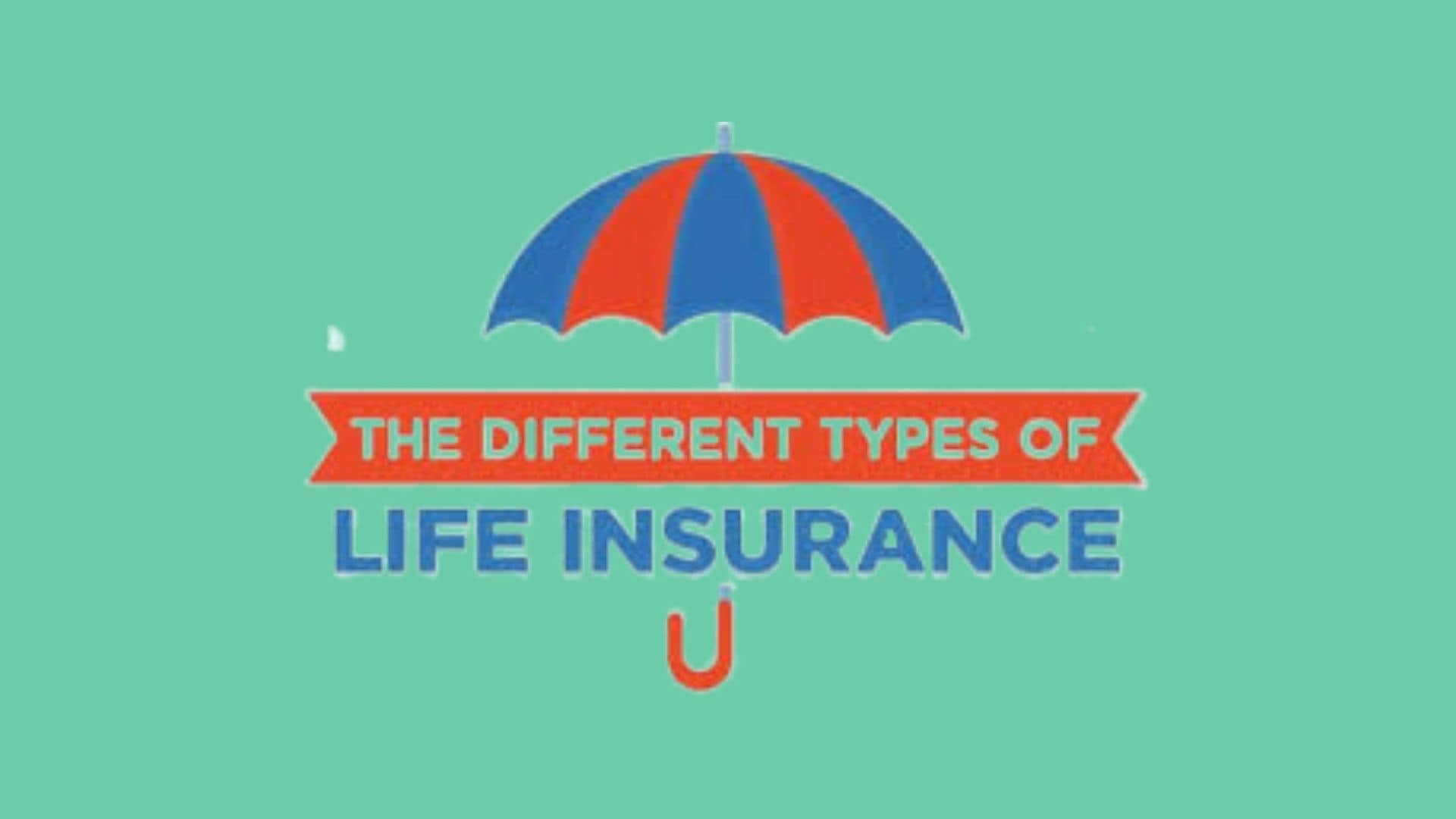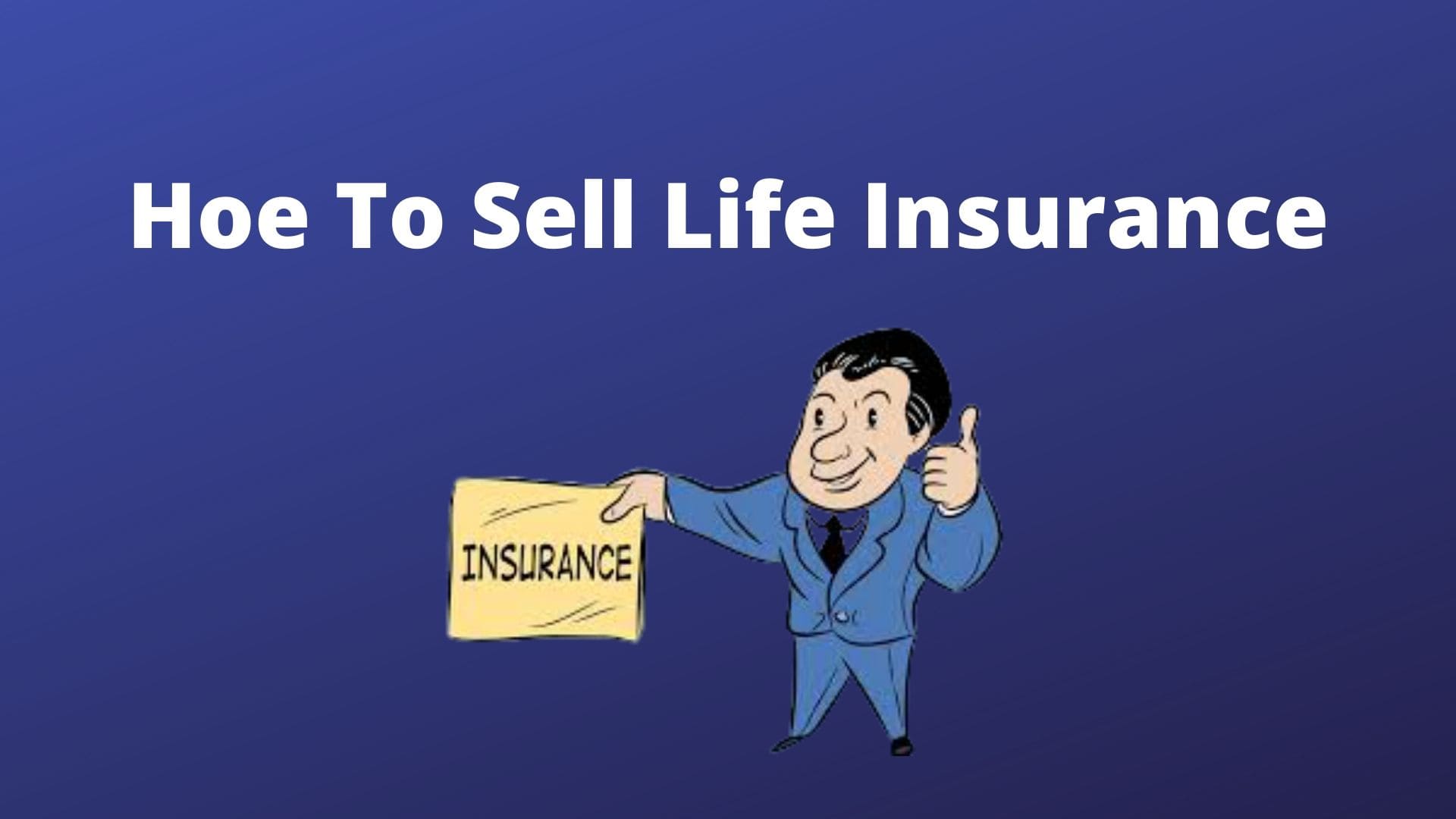Everything You Need To Know About Life Insurance
📖 Learning
This post is dedicated to the domain of life insurance, the different types of life insurance, the way these instruments are sold, and several other points. India had about 328 million life insurance policies in 2019, so it's a pretty huge business that one needs to understand and be aware of.
Several immediate and unexpected aspects arise in our existence. We might pass away due to a tragedy or some ailment. But there is one aspect we are hundred percent sure about: our existence will cease at some point for sure.
Insurance is a commodity formulated to empower you with a criterion of safety, at least financially, should a catastrophe happen. A life Insurance is precisely planned to ensure your dependents are financially secured in your absence.
A life insurance is an agreement between an insurer and a policyholder in which the insurer pays a financial reimbursement to the appointed legatee upon the loss of the insured. To put it in simple terms, you spend a sum of wealth called "bonus" to the insurer and when you depart, your beneficiaries—usually your immediate family members—get a lump sum of fortune known as "casualty help".

Should You Buy Life Insurance?
How Does The Insurance Industry Work?
What Sector Of Insurance Is To Be Bought?
Types of Life Insurance
How To Sell Life Insurance?
Should You Buy Life Insurance?
You should buy a life insurance if one or more individuals depend on you for financial aid and sustenance. For example, your kids or your aged parents. Even if no one depends on you, a life insurance is no less than a savior in case of accidents and emergencies.
How Does The Insurance Industry Work?

If you go back to the days of tribes and ancient people, there was extensive diversity in occupations and tasks. Some people in the tribe were hunters while the others were blacksmiths and agriculturists.
All of them had various roles. The objective of the head of the tribe was to guarantee that the whole tribe was comfortable, conserved, and maintained if anyone in the tribe left for whatever reason.
When the tribes became bigger, they moved into different areas and built nations. The rulers of those nations would have a treasury to safeguard the community. The fighters had to be protected. In case if a soldier didn't come back, then the treasury would help in sustaining the bereaved family. As the society continued to grow, the administration had difficulty regulating the treasury. There were a lot of inefficiencies and the solution was to privatize these investments.
One of such enterprise formed was insurance. Safety and security are major wealth that the community had to preserve and ensure for all.
Insurance is a pool of wealth from which amounts are paid out to people in need. The insurance industry will investigate lawsuits it feels are not profound; hence, the following points are significant when it comes to insurance:
- Appreciating the documentation.
- Understanding what is hidden and what is not concealed.
- Meeting the monetary consultant or inter-generational planner.

What Sector Of Insurance Is To Be Bought?
The insurance industry neither very tricky nor modest because it has evolved over a thousand years. There are different kinds of insurance segments one can use depending on the requirement:
- If you pass away, your family will need revenue safety.
- In case you fall ill, the house needs income protection.
- When you retire, you want to have a constant income.
- When your children go to the institute of their choice, you'll need money to finance their education.
These are the four essential sectors where the insurance pool of cash is used. There are several other categories of insurance like medical insurance, car insurance, travel insurance, etc. These insurance agreements function on the same laws but the only difference is in the probability alteration. If your premium is elevated, it means you have a greater probability of something going wrong.
Types of Life Insurance

These are the common life insurance models available:
Term Life Insurance
The most common type of life insurance is the term life insurance. For one, it is a remarkable, real-life insurance death privilege. It can be employed to maintain your family and settle obligations.
It may not be decent for a lifelong policy. You can purchase a term for a certain duration such as 5, 10, or even 30 years. It's prohibitive for properties.
Most people decline their term scope about retirement time as the taxes are pricing them out of their agreement. The term has no bonuses or currency value. Once you resign from paying premiums, all history premiums are lost. They are gone. You must nearly starve to get a windfall. You never own a term insurance. It's more like renting. You quit spending rent. You certainly don't have anything to exhibit for it.

When Do You Expect To Borrow Term Insurance?
One of the vastly prominent explanations is when you are inexperienced; and it's reasonable. And you have a new family term to ensure your family will be able to sustain itself in case of a catastrophe or a loss. Presently, approximately one to two percent of all term programs ever end up spending a death help which is why it's somewhat reasonable.
The opportunities for a 20 or 30-years-old's death are in the company's favor. By the moment you loathe your 60s and 70s, term is incredibly important. It's usually lowered because of the expenses and it's not usable because of nature issues.
Universal Life (UL)
This is another type of insurance. Universal life appeared in the 80s. It was formulated to assemble significant money and assist in counteracting the expense of safety. The bonus is composed of two portions. You have a security portion for the casualty help, and then there is a savings basis or a cash value part.
The demise benefit is concealed by term insurance. It's not the inexpensive term insurance publicized on the radio. It's a relatively rare term insurance. You can purchase a term in increments like 10 or 20 years. In a universal life insurance, the phrase is known as an annual renewable duration.
The opinion with UL is that you overpaid on the dividend and the abundance goes into a cash-value summary. Those budgets get collected in what's called interest credit, based on the new interest rates at the quantity.
The confidence was the currency value would rise and as the tax of the term insurance improved ,the cash value would enable offset those costs. If there was adequate cash value at some juncture, the income on the currency value would or hopefully help pay the premiums.
The downside includes the cost of security. It had no lid to it. In another statement, the insurance industry could boost the term tax and the cash value would be consumed relatively soon. By the time people resigned, the cost of protection would have escalated. The cash value wouldn't hold up with the costs.
Now when that happens, you're confronted with either reimbursing the dividend out of the bag (which is massive) or forfeiting everything. Many ancient duos could not pay for the elevated premiums and those strategies lapsed. There are three examples of UL:
- Fixed universal life.
- Variable universal life.
- Indexed universal life.

Fixed Universal Life
A fixed universal life has the income rate ridden. Each year, it's charged an interest rate and is diversified on the established economic setting. This type of UL is deformed as the expenses overshadow even the probable profit.
Variable Universal Life
This type of UL takes the cash value and virtually lets you subsidize it in mutual funds labeled sub-accounts. The problem associated with variable universal life insurance is that the danger of the market is on you. If there are casualties, they immediately influence your cash value.
Secondly, the administration fees taxes for a variable policy are awful. It's not extraordinary to remember three to five percent each year just in payments. This can devour currency value and probable recoveries. If you possess failures and also subtract the fees and cost of insurance, many of these agreements prove to be a crisis.
Each year, it becomes more costly. Variable UL is one of the riskiest agreements.
Indexed Universal Life
This one is relatively new. The main claims were published in 1997. The beliefs are nonetheless term insurance and a cash value element. There is disparity in how the money value is charged. The insurance firm seizes a quantity of the interest it reaps on its portfolio.
It sells alternatives on an inventory like the sp500. The impression is that you can partake if the call climbs but if the need goes under, you can't miss your fortune in variable UL. The basis that your wealth isn't certain in the market is the purpose why your wealth shouldn't be destroyed.
The real difficulty with the indexed UL is the outrageous market rescue forecasts that many dealers use. You should never divulge a pattern that exhibits more than 4%, but some are utilizing 6-9%. Those recoveries are mythical and uncertain.

Whole Life Insurance
Whole life is the former of all protection. It's pushing about 200 in longevity and still going around. The largest disparity is you can occupy a whole life policy. You can expend it. The distinct difference is how the insurance is expended; with each bonus, you occupy more and more of your loss benefit.
It's not term safety. It's the mere strategy that truly isn't term insurance. The expense of insurance is more valuable than the term, and it's the tariff you will remember your whole life. It does not give rise to short-term desires. Most whole life agreements are formulated to be occupied in some sense.
How To Sell Life Insurance?

As an envoy, you comprehend how difficult it is to defend life insurance. It's not every day that you expect consumers walking beside you inquiring about enrolling in a life insurance program. And if the buyer did so, the probability of them being insurable is tiny or slim to none.
To be prosperous in this enterprise, you have to labor nights and weekends. You need to be assertive in admitting your customers understand that you sell life insurance. Unfortunately, there is a huge organization of dealers out there that are spoiling the credibility of insurance agents.
If you are a dealer and you reach a specific juncture where your client is prepared to sign, they hurl a curveball at you and say something like, "I need to think about it." And then you never hear from them again. It's not easy to sell life insurance policies.
They may declare the agreement is too elegant. "Let me talk with my family" is a decent acknowledgment, but it's usually an excuse not to acquire the agreement. These are the general reasons behind clients not purchasing life insurance:
- Unaware.
- Uninformed.
- Lack of significance.
- Lack of essential.
Unware
Often, there's no rhyme or explanation as to why people are discussing life insurance. It only occurs if it transpires out of normal discussion. Many moments, clients are just ignorant of what you can equip them with. Make them realize what you propose, why you perform, and what you will achieve.
You are expected to conclude your objective. Let them understand that you're here not just telling them about their vehicle insurance or health insurance. You're here to let them know about about unprecedented events.
Perhaps there is an economic purpose that they are required to maintain. Whatever it may be, you should make them realize that you raising their consciousness.

Uninformed
So many misunderstandings are out there about life insurance. Clients see life insurance as an expense and that's just a difficult debate that life insurance agents have to propel against. The only way to dispel the misunderstanding is by inquiring them about their belief on life insurance.
If they confess that life safety isn't for them, give them the space to discuss more about their posture on life insurance. You can educate them after you conclude where your prospective clients presently stand.
Lack Of Value
Clients may see life insurance from their family standpoint but not for them. So you have to unearth the necessities of your clients.
It's asking a hundred questions if you need to discover and comprehend your client's circumstance. You will be able to suggest a decent life insurance policy for them, and they will see the importance in the agreement. So create value.
Lack Of Quickness
Your clients don't discern that there is an urgency to buy life insurance. No one thinks of a life insurance until a triggering incident occurs. Perhaps a family partner passes off or they're analyzed with high blood anxiety or something along the lines which could influence their insurability.
So what is your job as an agent to build that urgency? Let them understand that there is no way a reasonable moment than today than to obtain the policy. Or, at least go through the underwriting method to detect if they are as strong as they stare. You have to make them understand that life insurance is an instrument they need to pay for today.
Must have tools for startups - Recommended by StartupTalky
- Convert Visitors into Leads- SeizeLead
- Website Builder SquareSpace
- Run your business Smoothly Systeme.io
- Stock Images Shutterstock






